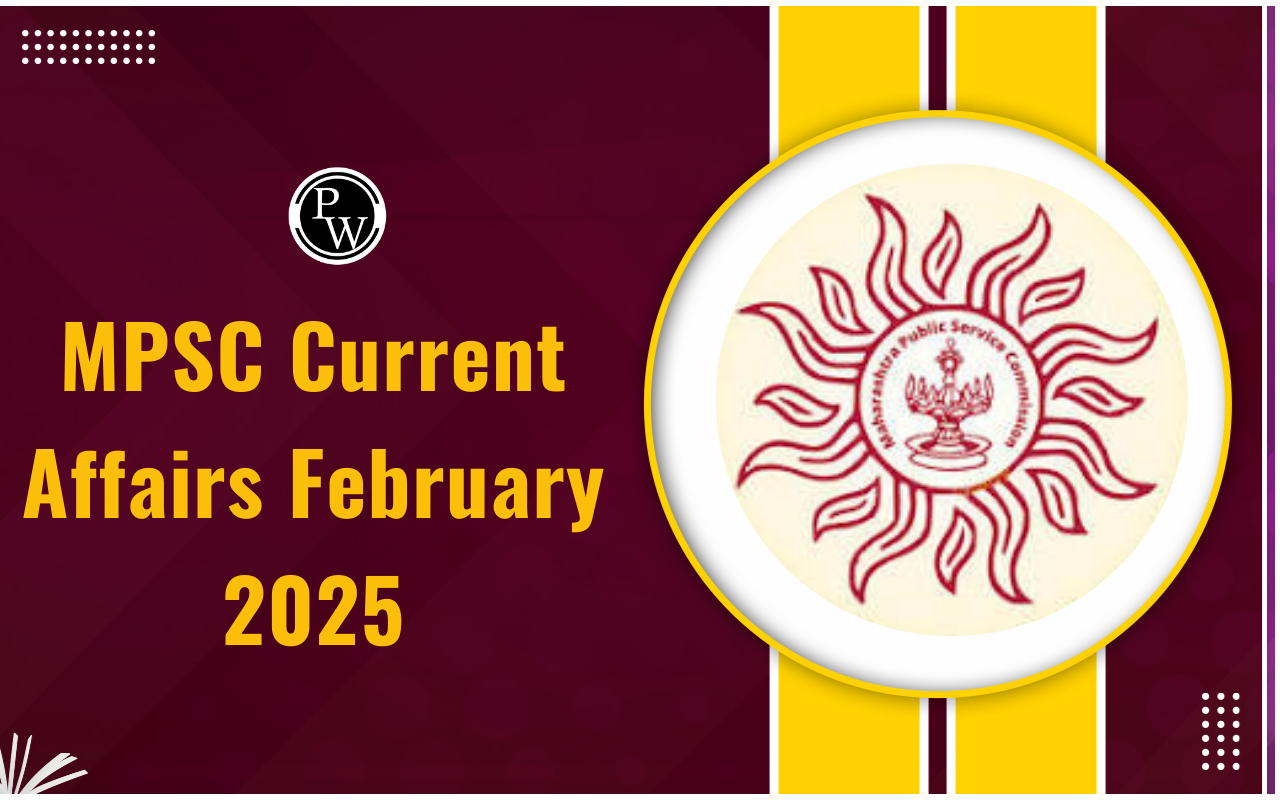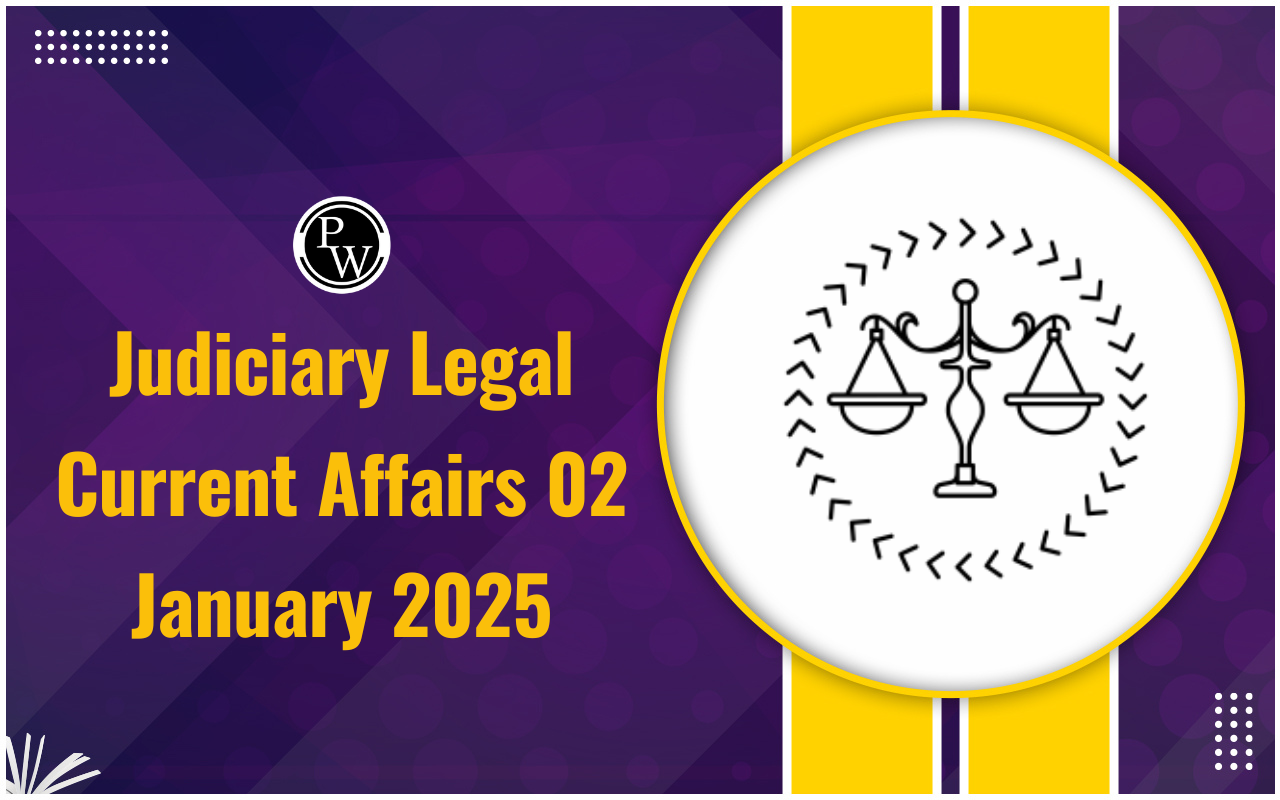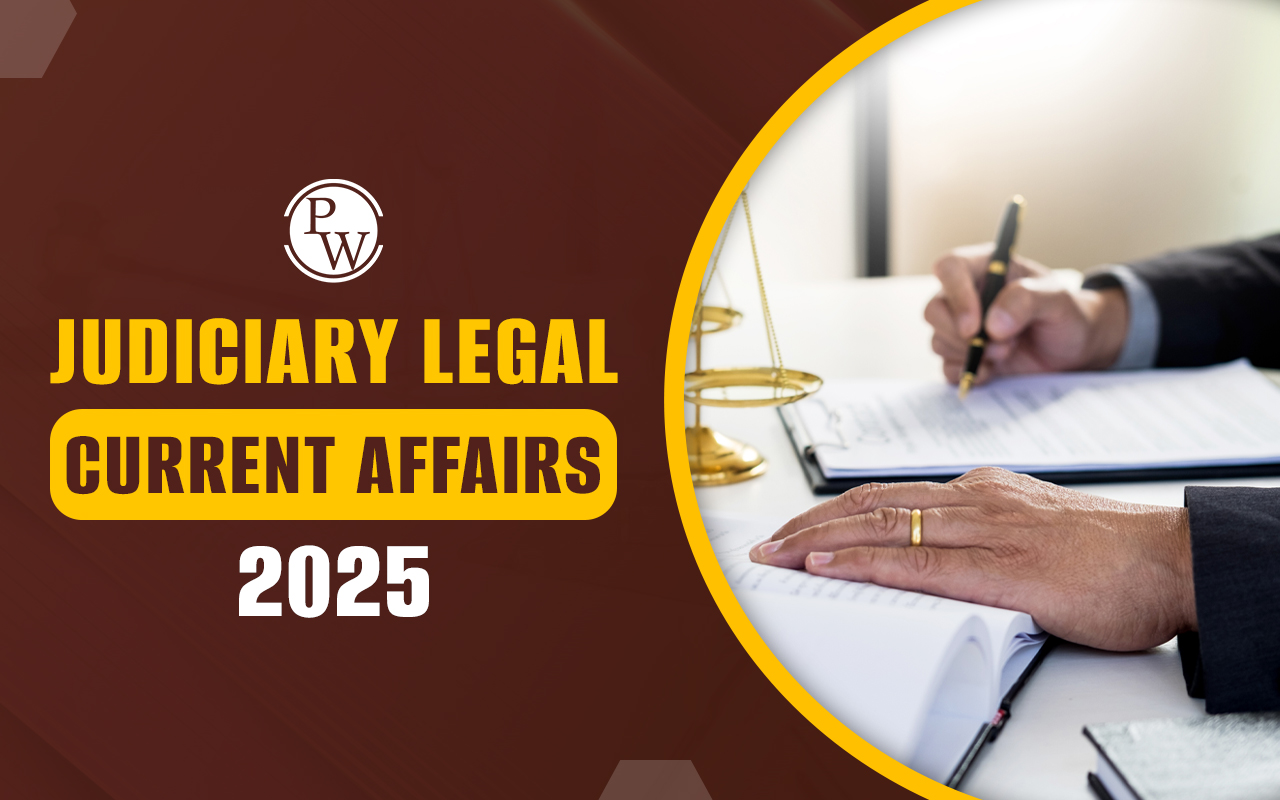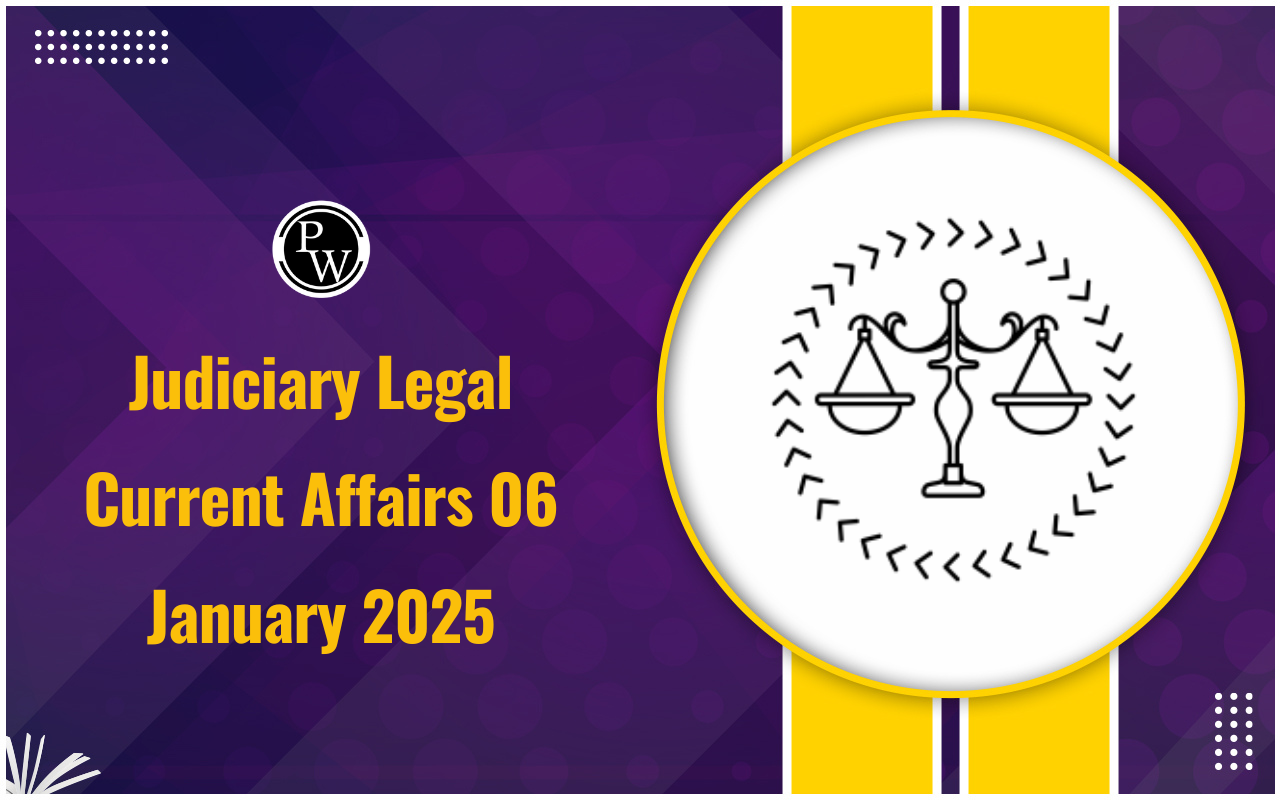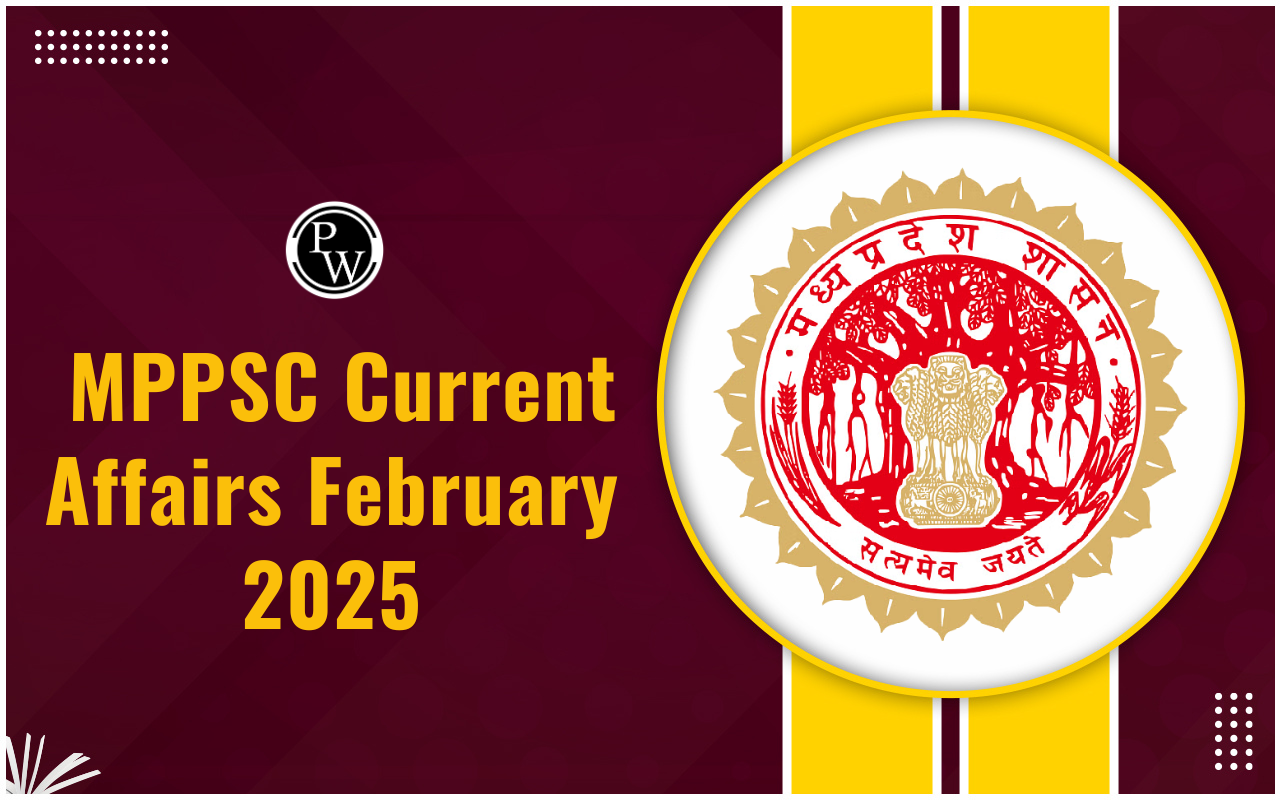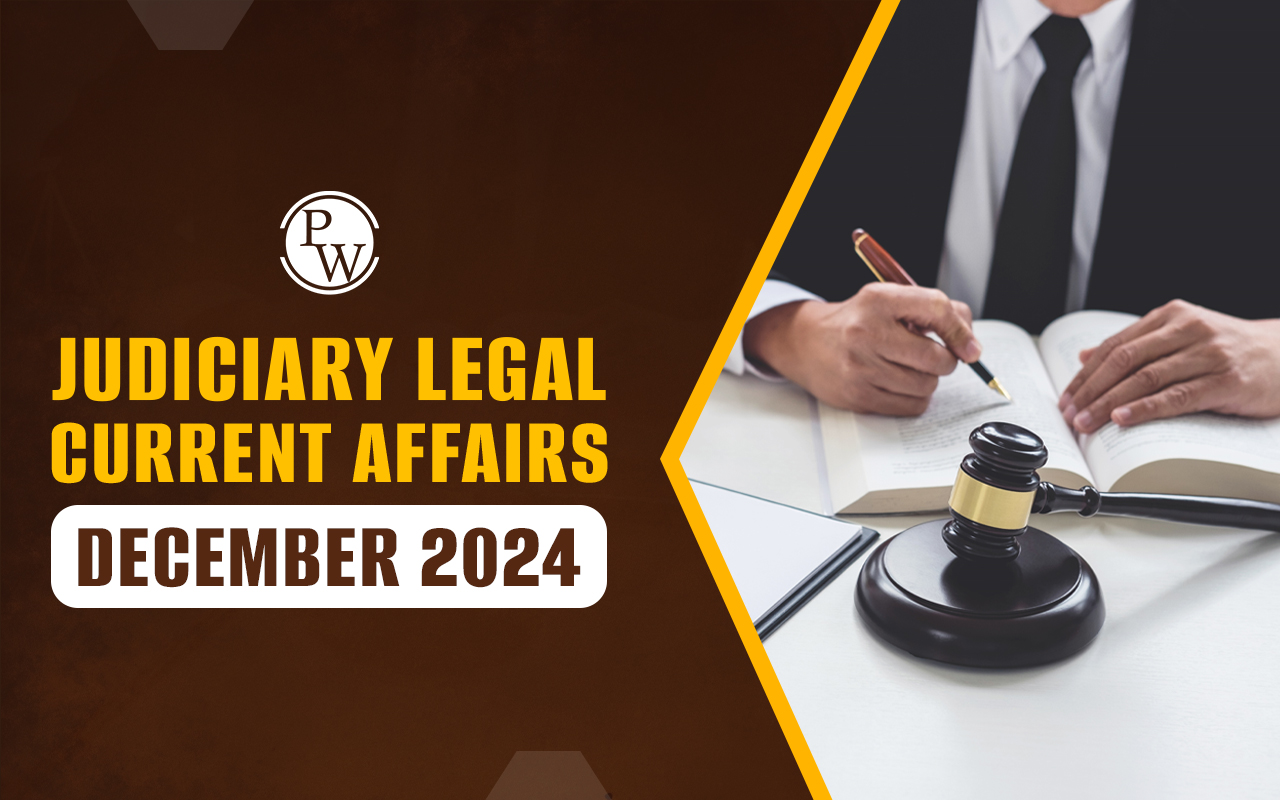
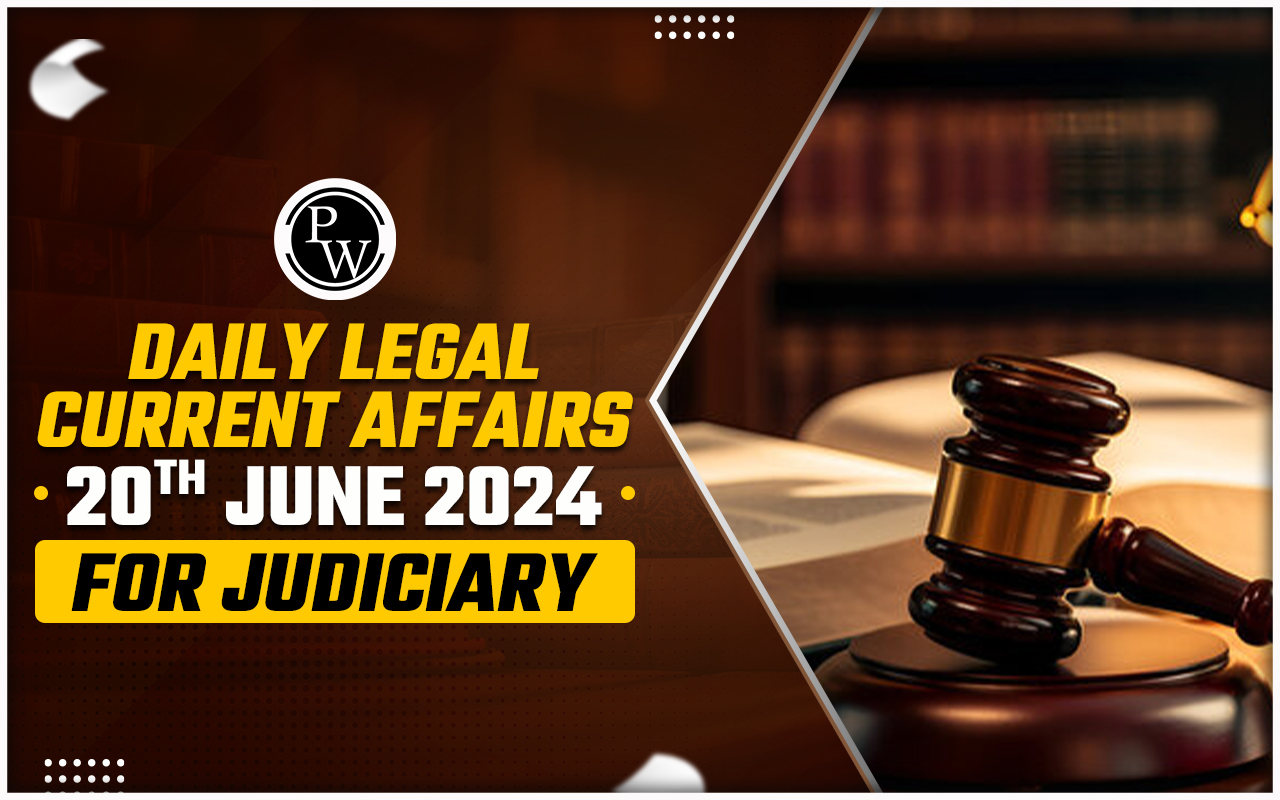
Ayushi Patel v. Union Of India Thru. Secy., Ministry Education/ Deptt. Of Higher Education, New Delhi And Another
- BENCH : Justice Rajesh Singh Chauhan
- FORUM : Allahabad High Court
-
OBSERVATIONS
- The Allahabad High Court has dismissed (being not pressed) a writ petition moved by a NEET aspirant (Ayushi Patel) after it was revealed that she submitted forged documents in her petition alleging the NTA failed to declare her result. In her plea, the candidate also claimed that her OMR answer sheet was torn.
- A bench of Justice Rajesh Singh Chauhan dismissed the petitioner's petition, deeming it a “really sorry state of affairs” that she filed the petition enclosing the forged and fictitious documents.
- Importantly, when the National Testing Agency (NTA) submitted before the Court that it was mulling legal action in the case, the single judge remarked that it could not restrain the competent authority/authorities from taking any legal action against the petitioner in accordance with the law.
- Essentially, Patel originally claimed that she had received a communication from the NTA in which she was told that her result wouldn't be declared as her OMR sheet was found torn. In this regard, she made several claims against the NTA in a video shared on social media. Filing the instant writ plea before the HC, Patel demanded a manual evaluation of her OMR sheet and an inquiry against the NTA and requested the Court to stop the ongoing admission counselling procedure of counselling during the pendency of the present writ petition.
- Having heard her case on June 12, the Court directed the NTA to produce Patel's original documents to verify her claims. Interestingly, when all original documents of the petitioner in terms of the aforesaid order were produced before the Court, it was revealed that all the documents filed with the petition were forged and fictitious.
- Producing the original OMR sheet, NTA debunked the petitioner's claim, submitting that her OMR sheet was intact and had not been damaged, as she claimed.
- In response, the counsel for the petitioner submitted that he had nothing to say or plead in this case; therefore, he prayed that the petitioner may be permitted not to press the petition.
-
In view of this submission, the Court dismissed the petition as not being pressed while making the following remark:
- “ Be that as it may, this is a really sorry state of affairs that the petitioner filed a petition enclosing therewith the forged and fictitious documents, therefore, this Court can not restrain the competent authority / authorities to take any legal action against the petitioner strictly in accordance with law.”
In Re: The Issue Of Religious Conversion
- FACTS
- The petition was filed by BJP member Advocate Ashwini Upadhyaya in 2022 seeking directions to the Union and States to take "stringent steps to control fraudulent religious conversion and religious conversion by intimidation, threatening, deceivingly luring through gifts and monetary benefits."
- In November 2022, while considering the petition, a bench comprising Justices MR Shah and Hima Kohli, observing that forceful religious conversions, if true, were a "serious issue" which could affect the security of the nation, had sought the response of the Centre.
- OBSERVATIONS
- The State of Rajasthan has informed the Supreme Court that it is in the process of making an anti-conversion law. In an affidavit filed in response to a PIL seeking to prevent fraudulent and forceful religious conversions, the State submitted that it does not have any specific legislation dealing with religious conversions.
- However, the State submitted that “it is in the process of bringing its own legislation and till such time will strictly abide by the law on the subject and guidelines issued by the Supreme Court."
- The Court also sought the responses of the States. The Court also took exception to some statements made by the petitioner in the petition that were derogatory of minority religions and asked him to remove them.
- The Court also removed the name of the petitioner from the causetile and changed it to "In Re: The Issue Of Religious Conversion."
- Along with this petition, the Court has tagged other PILs which have been filed challenging the laws passed by the States of Uttar Pradesh, Madhya Pradesh, Haryana, Gujarat etc., regarding religious conversions.
- Recently, while hearing another matter, a Supreme Court bench orally remarked that some parts of the UP anti-conversion law appeared to be violative of Article 25 of the Constitution guaranteeing religious freedom.
ABC v. State of Karnataka & ANR
-
- BENCH : Justice M Nagaprasanna
- FORUM : Karnataka High Court
- OBSERVATIONS
- The Karnataka High Court recently granted 15 days interim bail to a POCSO rape accused to allow him to marry the victim who has turned major and has given birth to a child.
- A single judge bench of Justice M Nagaprasanna said “The petitioner shall be released on grant of interim bail which will be operational from 17-06-2024 upto 03-07-2024. The petitioner shall return to the goal on the evening of 3rd July, 2024.
- The Certificate of evidence of marriage shall be placed before the Court on the next date of hearing.
- The 23-year-old accused is charged with offences punishable under Section 376 (2)(n) of the IPC and Sections 5(L), 5(J)(II)& 6 of the Protection of Children from Sexual Offences (POCSO) Act, 2012.
- He approached the court seeking to quash the entire proceedings.
- As per the complaint filed by the mother of the victim, it was alleged that her daughter and the petitioner were in love with each other while studying at Shree Kanteshwara School and it was her further case that the petitioner and her daughter used to meet often and on 15-02-2023, he went to the school on a bike, took the complainant's daughter to an isolated place and committed sexual assault on her.
- She was then 16 years and 9 months old and the police conducted an investigation and filed a charge sheet against the accused who has been in judicial custody since.
- It was stated that the victim later gave birth to a child. The counsel for the petitioner and the respondents argued that the petitioner and the victim were in love, but the parents had come in between them.
- It was argued that at this point in time due to a sexual act between both parties, a child was born and the child was now a year old. It was submitted that the parties were seeking closure of these proceedings on account of the desire of the petitioner to get married to the victim so that the victim and her child are not left in a lurch. Thus the petition was preferred in the nature of compounding of the offence on account of such compromise.
- On going through the records the bench noted “The victim is now aged 18 years and, therefore, the marriage is what is seen as the necessary solution by the members of the families in the peculiar facts of the case. This court directed production of a report of DNA that was conducted at the time of birth of the child. The report of the DNA is placed before this Court.
- The report depicts that the petitioner is the biological father and the victim is the biological mother of the child. Therefore, the child born from the sexual act between the two is not in dispute.”
- Further, it said, “In the peculiar circumstances, as the mother has to bring up the child at this tender age, looking at the fate of the mother and the child who are in dire straits, I deem it appropriate to redeem the grievance of the families by permitting the petitioner to get married to the victim, who is now more than 18 years old and for the purpose of the said marriage, I deem it appropriate to grant the petitioner interim bail in exercise of jurisdiction under Section 482 of the Cr.P.C. enabling the petitioner to come out and get married to the victim.”
- It thus observed that this course was taken owing to the peculiarity of the facts and circumstances as the mother has to bring up the child.
- "The newborn does not know as to what has happened. It should not suffer the ignominy of any kind in future. Therefore, to protect the interest of the child and also the responsibility of the mother in bringing up the child, this direction is found necessary to be issued,” the Court stated.
Also Check: Daily Legal Current Affairs 19 June 2024
Suo Moto v. Adv. Sojan Pavanios
-
- BENCH : Justice Anil K. Narendran and Justice Harisankar V. Menon
- FORUM : Kerala High Court
- OBSERVATIONS
- The Kerala High Court has emphasized that High Court Rules require a third-party who is seeking certified copies of any records of the proceedings other than the judgment or decree need to file a petition stating the reason for which the copy is required. The certified copies for these proceedings can be granted to a third party only on the orders of the Court.
- A Division Bench of Justice Anil K. Narendran and Justice Harisankar V. Menon referred to various Supreme Court judgments where the necessity of this procedure was explained.
- It is to ensure that the copies are sought for bona fide purpose or to effectuate public interest. The Court holds the information as a trustee to the litigants. To prevent the misuse of the process of law and information, it is necessary to restrict access to that information.
- The Court said that Rule 132 of the Rules of High Court of Kerala lays down that the third-party has to file an affidavit along with a duly verified petition stating the purpose for which the copy is required. They should be drafted and authenticated in the manner provided by the Rules. The Court directed the applicant to re-submit the application after fulfilling necessary requirements.
- In the instant case, the Registry had filed an interlocutory application saying that the third-party application had some defects. The 3rd party applicant alleged that the Registry is discriminating between the lawyers. He said that another third-party application filed in another case which also had certain defects were numbered by the Registry. He further argued that since it is just a procedural defect, the Court can overlook it and grant him the relief.
- The Court noted that with regards to the other application, Registry had already called for an explanation from the concerned Filing Scrutiny Officer. The Court directed the Registry to ensure proper scrutiny of petitions and applications by Filing Scrutiny Officers especially in applications which are filed as 'Bench Mark' where the copies are served to the counsel just before the matter is taken up for consideration.
Aman Pathak v. State Of U.P. And 2 Others
-
- BENCH : Justice J.J. Munir
- FORUM : Allahabad High Court
- FACTS
- Petitioner's father, a Stock Clerk in the Establishment of the District Cane Officer, Chandausi, District Sambhal, died in harness in 2011 leaving behind his widow, a son and three daughters.
- At the time of his father's death, the petitioner was a minor. In 2020, after attaining majority, petitioner applied for compassionate appointment. Subsequently, in 2021, District Cane Officer Sambhal demanded some documents which were supplied by the petitioner.
- Since no action was taken by the authorities despite repeated representations by the petitioner, he approached the High Court. Petitioner claimed that salary and post retiral dues of the father were not cleared by the authorities.
-
OBSERVATIONS
- The Court, on 15.09.2023, had issued a show cause notice to the District Cane Officer, Sambhal demanding explanation as to why petitioner's claim for compassionate appointment had not been considered.
- In the counter affidavit filed by the District Cane Officer, Sambhal it was submitted that the claim for compassionate appointment of the petitioner had been rejected on 25.09.2023. The Court observed that the petitioner's father died in 2011. No application was made by the wife of the petitioner and the family had managed to live for 10 years.
- The Court observed that the Committee formed under the U.P. Cooperative Cane Service Regulations, 1975 for enforcement of the Uttar Pradesh Recruitment of Dependents of Government Servants Dying in Harness Rules, 1974 had concluded that since the wife had not applied for compassionate appointment after the death of her husband, there was no immediate hardship to the family.
- The Committee had also concluded that compassionate appointments cannot be sought after 10 years. The Court observed that though the Committee had considered widow working as an Anganwadi Karyakatri and was running the Anganwadi Centre from her home, it had failed to consider the return on family investments, death-cum-retirement benefits received by the family, and the fact that one daughter was still unmarried.
- The Court held that these are relevant considerations for consideration of claim of compassionate appointment.
- Regarding the observation of the Committee that the family had survived 12 years without the appointment, Justice Munir observed “It is true that the family have not landed in an orphanage, but between the family becoming a causality of the civilization on account of the breadwinner's untimely death and a sufficiently prosperous or normal life is the twilight zone, where they could be seen struggling to make end's meet.”
- The Court observed that Anganwadi Karyakatri was not a government employment but a contractual one with an honorarium of Rs.3250/- - 6500/- per month. The Court held that the Authority ought to have inquired as to why the widow did not choose to apply for compassionate appointment after her husband's death.
- Further, the Court held that to hold that the petitioner had sufficient income from the agricultural land, the Committee ought to have inquired about the annual yield from the land.
- The Court held that the Authority has sufficient power to condone the delay in filing the application for compassionate appointment, especially when the person applying was a minor at the time of the death of the employee. “So far as the delay in making the application for compassionate appointment is concerned, it is obvious that the petitioner was a 9 years old boy, when his father passed away. He cannot be blamed for making the application 9 years after his demise.
- He apparently made the necessary application as soon as he attained majority. There is always adequate provision to consider the case of minors, while exercising the power to condone delay, in a deserving case by the Appointing Authority, where the delay is more than five years.”
- The Court held that the order rejecting the application for compassionate appointment was passed in a nonchalant manner, which could be due to the writ being issued against them. Accordingly, the order was quashed and the authorities were directed to consider the claim of the petitioner strictly in accordance with law.
Also Check: Daily Legal Current Affairs 11 June 2024
Rayees Ahmad Khan V. UT of J&K
-
- BENCH : Justice Rahul Bharti
- FORUM : Jammu and Kashmir and Ladhakh High Court
- OBSERVATIONS
- Quashing a preventive detention order the Jammu and Kashmir and Ladakh High Court has declared that the term "security of the State" is obsolete in the context of Jammu and Kashmir since its reorganization as a Union Territory in 2019. A bench of Justice Rahul Bharti has clarified, “.. Under the J&K Reorganization (Adaptation of State Laws) Order, 2020, “Security of the State” obtaining in Section 8(1)(a)(i) came to be substituted by the statutory ground of “security of the Union Territory of Jammu & Kashmir”.. therefore, an order so passed with the said expression “Security of the State” being retained as it is, technically disqualified to be a valid order of preventive detention against a detenue”.
- These observations came in a case where a man named Rayees Ahmad Khan challenged his preventive detention under the Jammu and Kashmir Public Safety Act, of 1978. Khan was detained under the Public Safety Act (PSA) by the Baramulla district magistrate for allegedly being involved in several criminal cases, including kidnapping, theft, housebreaking, and drug trafficking. The detention order cited "security of the State" as a reason for detaining Khan.
- Khan, through his wife Farhat Begum, challenged the detention order on the grounds that it was illegal and unconstitutional. It was argued that the concept of "security of the State" no longer exists since Jammu and Kashmir became a Union Territory in 2019 following the J&K Reorganisation Act. Scrutinizing the legality of the detention order, Justice Bharti highlighted that after the abrogation of Article 370 and the reorganization of Jammu and Kashmir into Union Territory in 2019, the phrase "security of the State" had been amended to "security of the Union Territory of Jammu & Kashmir" in relevant laws.
- Therefore, any reference to "security of the State" in the detention order was found to be procedurally flawed and invalid. Pointing out this discrepancy in the application of mind by the District Magistrate, Baramulla, and the government of UT of Jammu & Kashmir in approving and confirming the preventive detention without due consideration of the amended legal framework post-2019, Justice Bharti emphasized that preventive detention is a serious deprivation of personal liberty and must strictly adhere to procedural safeguards outlined in the law. “.. the petitioner was made to understand that he was being detained in order to prevent him from acting in a manner prejudicial to the security of the State obviously meaning State of Jammu & Kashmir. State of Jammu & Kashmir has ceased to be an entity for the Govt. as well as for the citizens of the Union Territory of Jammu & Kashmir and it cannot lie at the disposal of any side to still say and understand that the State of Jammu & Kashmir is in existence for whose safety and security detention order under J&K Public Safety Act, 1978 can be passed”, the court remarked.
- The court also noted that the FIRs mentioned in the detention order related to regular criminal offences and did not connect Khan's activities to any security threat. These offences, the court observed, should be dealt with under the normal criminal justice system.
- Furthermore, the court criticized the detention order's grounds, calling them "mere hallowed recitals just for sake of statement which by no sense of imagination and inference, can be said to make the petitioner a case for suffering preventive detention”. In light of these observations, the court ruled that Khan's detention was illegal and ordered his immediate release. The detention order and its subsequent approvals by the government were all quashed.
Invest Karnataka Forum & ANR v.M/s BBP Studio Virtual Bharath Pvt. Ltd & Anr
-
- BENCH : Chief Justice N V Anjaria and Justice Krishna S Dixit
- FORUM : Karnataka High Court
- OBSERVATIONS
- The global investor's meet titled “Invest Karnataka 2022' was slated to be held between 2nd and 4th November 2022, with the object of projecting the State and reflecting the role of the State for a play in the global supply chain, the petitioner was sought to be hired for production of a film.
- On 16-06-2022 the 3rd respondent/Marketing Communication and Advertising Limited which is a subsidiary unit of Mysore Sales International Limited issued an invitation for expression of interest for appointment of business associates for the event.
- On 14-07-2022 the 3rd respondent issued a communication to the petitioner notifying its pre-qualification and successful acceptance of the application of the petitioner. A work order was issued to the petitioner to execute the work. Once the work order was issued, the petitioner began to work on the creation of the 3D film.
- On 16-09-2022, the 3rd respondent again communicated to the Forum requesting the release of an advance amount of `Rs 1,50,00,000 towards the creation of the film, which was also released.
- On 25-10-2022 the petitioner claimed to be ready to deliver its work to the 3rd respondent in completion of the work order dated 11-08- 2022. However, the petitioner was informed about the cancellation/withdrawal of the contract/work by a cryptic communication indicating no reason as to why it was being withdrawn.
- After emails being sent to the respondent failed to elicit a positive response, the petitioner approached the court. The single judge bench had quashed communication dated 25-10-2022 cancelling the work order issued for producing the film to the company. In its order, the court had said “After its approval the contract was awarded in favour of the petitioner, agreement was executed for execution of the work and the petitioner executed the work and took the execution of such work to its logical conclusion. Just before delivery of the final product the contract is cancelled, not on any merit/quality of the film, but on political interference i.e., a communication of the Minister (Industries Minister Dr Murugesh Nirani). Therefore, this becomes a classic case where arbitrariness is writ large.”
- The appellants argued that the learned Single Judge could not have entered into the arena of dispute which was a contractual matter between the parties. The respondents supported the order contending that the facts clearly showed that there was a breach on the part of the respondents who were 'State' authorities or agencies of the 'State', of the established contractual obligations in not accepting for exhibiting the film produced by the petitioner.
- The division bench on perusing the impugned order said “There is no gainsaying that, the dispute between the parties wherein the petitioner produced the film pursuant to work order and later the same was not accepted by exhibition, was a pure contractual dispute.” Noting that the internal Committee which was constituted examined the worthiness as also the quality content of the 3D film created by the petitioner intended to be exhibited at the Invest Karnataka – 2022 and the Committee found that the film was raw, generic, incomplete and sub-standard which did not meet the scope of work, the court observed, “The dispute was, therefore, a pure dispute of breach of contract.” Further, it said, “The entire challenge before learned Single Judge, in other words, was about alleged illegal termination of the contract and that the respondents did not perform their part of obligations under the contract, as per the case of the petitioner.
- The issues raised and the relief sought for pertained to contractual rights and obligation arising from the work order given by the respondents and its performance by the petitioner.” Following this, the court opined, “The scope of judicial review in contractual matters is extremely limited and it is in the rare category of cases that the writ of mandamus could be issued.
- The facts of the present case is not a case where learned Single Judge would have issued writ of mandamus directing the respondents to release the payment straight away without the trial of the issues.” It added that the High Court in the exercise of writ jurisdiction would not enter into the arena of interpretation of the contractual terms, its enforcement and the questions regarding breach or otherwise thereof since they are questions to be subjected to evidence. Accordingly, it allowed the appeals.
Daily Legal Current Affairs Practice Questions 20 June 2024 for Judiciary Exams
Q1) According to Clause (1) of Article 25 of the Indian Constitution, the freedom of religion is subject to the interest of
(a) public order (b) morality (c) health (d) All of the above Ans. (d)Q2) Which of the following Articles of the Constitution of India accorded special status to the State of Jammu and Kashmir?
(a) 352 (b) 356 (c) 368 (d) 370 Ans. (d)Q3) Inherent power of the High Court is provided under __________ of the Code of Criminal Procedure.
- Section 444
- Section 460
- Section 482
- None of the above
Q4) Whoever commits rape repeatedly on the same woman under section 376(2) (n) of IPC.,
- shall be punished with rigorous imprisonment for a term which shall not be less than ten years, but which may extend to imprisonment for life, which shall mean imprisonment for the remainder of that person's natural life, and shall also be liable to fine.
- shall be punished with rigorous imprisonment for a term which shall not be less than fifteen years, but which may extend to imprisonment for life, which shall mean imprisonment for the remainder of that person's natural life, and shall also be liable to fine.
- shall be punished with rigorous imprisonment for a term which shall not be less than twenty years, but which may extend to imprisonment for life, which shall mean imprisonment for the remainder of that person's natural life, and shall also be liable to fine.
- None of the above
Q5) Under section 6 of POCSO Act , Punishment for aggravated penetrative sexual assault.
- shall be punished with rigorous imprisonment for a term which shall not be less than twenty years, but which may extend to imprisonment for life, which shall mean imprisonment for the remainder of natural life of that person and shall also be liable to fine, or with death.
- shall be punished with rigorous imprisonment for a term which shall not be less than fifteen twenty years, but which may extend to imprisonment for life, which shall mean imprisonment for the remainder of natural life of that person and shall also be liable to fine, or with death.
- shall be punished with rigorous imprisonment for a term which shall not be less than ten years, but which may extend to imprisonment for life, which shall mean imprisonment for the remainder of natural life of that person and shall also be liable to fine, or with death.
- None of the above
Q6) Under section 5 of the POCSO Act which of the following is/are provided under Aggravated penetrative sexual assault?
- whoever commits penetrative sexual assault on the child more than once or repeatedly
- whoever commits penetrative sexual assault on a child, which in the case of female child, makes the child pregnant as a consequence of sexual assault
- Both (a) and (b)
- None of the above
Judiciary Exam Current Affairs FAQs
How many months of current affairs is required for a Judiciary Exam?
Where can I study current affairs for the Judiciary?
How can I prepare for Judiciary current affairs?




